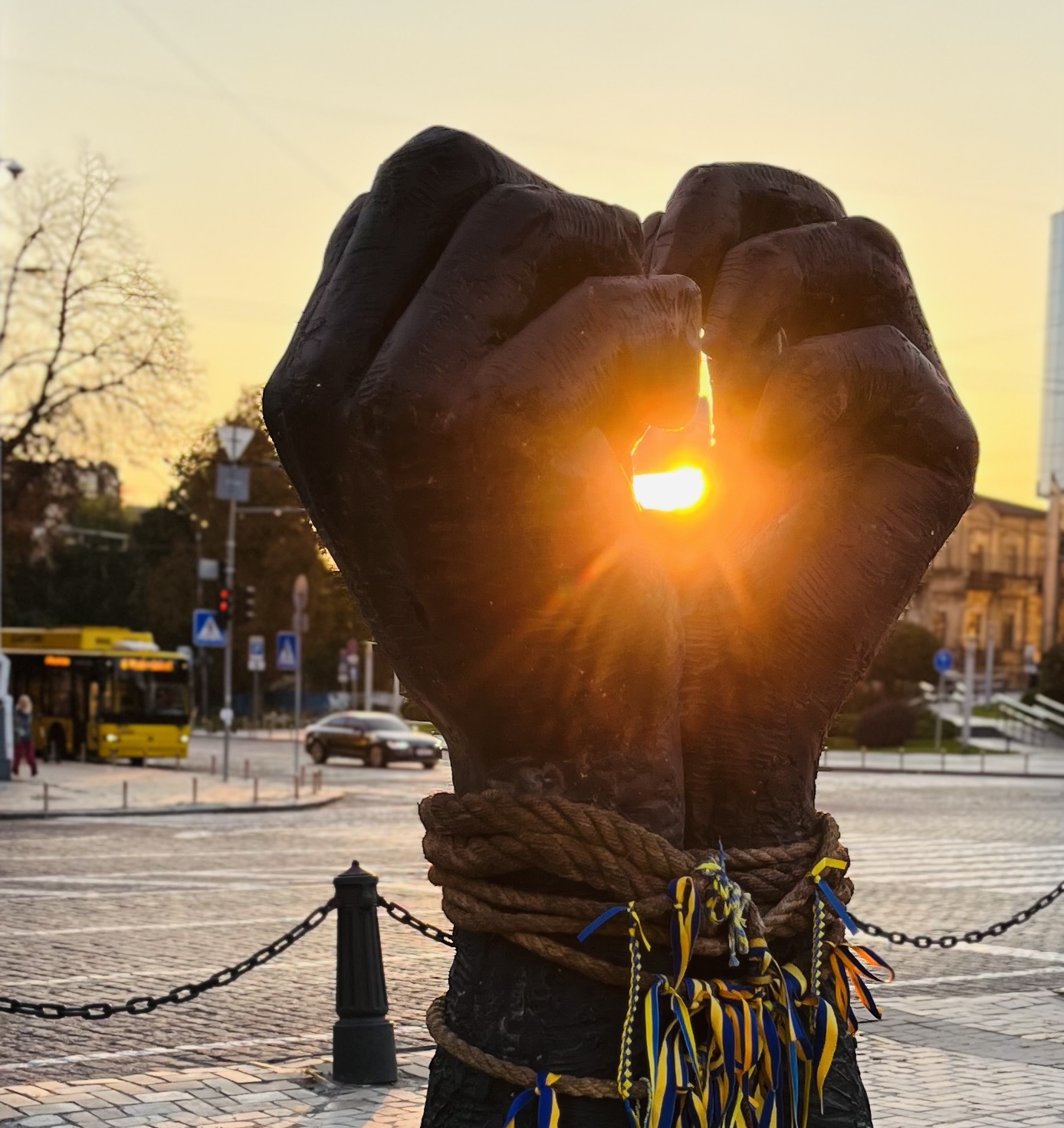An essential aspect of NHC’s extensive work in Ukraine is to support Ukrainian civilians who suffer from the war and its consequences. Civilians in Russian captivity form a particularly vulnerable group, and we appreciate that Norway is working together with Ukraine and Canada in the so-called Working Group 4 to support the identification and release of illegally deported children, civilian prisoners and prisoners of war in Russia and Russian-occupied territories. In line with the mandate of this Working Group, we want to raise a few questions with you as a member of the People First Campaign, a joint effort by Ukrainian, Russian and international human rights organisations to influence the peace negotiations.
Read the letter to the Norwegian PM
Answer from Norwegian MFA, Oslo 26 May 2025:
(translated to English by the NHC)
Dear Berit Lindeman and Gunnar M. Ekeløve-Slydal,
I thank you for the letter dated 26. Mai 2025 regarding the People First Campaign, and hereby answer on behalf of the Prime Minister.
We align ourselves with the goal that any peace agreement between Ukraine and Russia must prioritize the release of Ukrainians in Russian captivity. The Norwegian government supports the demand that Russia must give access to all captives and unlawfully transferred or deported children to ICRC and relevant UN bodies, among others. We are working from several fronts to ensure this. Regarding access to and release of any prisoners of war, we have seen multiple exchanges between the two parties these last few months.
The Norwegian Helsinki Committee is well aware of the efforts of Working Group 4 under Ukraine’s peace formula, which contributes to coordinating international aid efforts with Ukrainian authorities. The work on civilian prisoners, which we must acknowledge is the most demanding aspect of the three, has gained greater attention in the working group lately. As you know, this was also a topic during ombudsman Dmytro Lubinet’s visit in Oslo a few weeks ago. Many of these prisoners live under very difficult conditions and have received or risk serious prison sentences.
Furthermore, I can confirm that we have raised these issues with the American authorities and think tanks on several occasions, also together with our Canadian partners in the working group. We took note of President Trump’s statements regarding prisoners after important meetings and phone calls about Ukraine, and we see that this provided us with opportunities to influence the administration. This is something we will follow up on.
We have also raised the issue with several countries that have indicated a willingness to assist/facilitate in the prisoner work, which the Canadian ministerial conference on the human dimension of war in Montreal last fall laid a good foundation for. I agree that many of the countries mentioned in the letter have the potential to exert pressure on Russia. I thank you for the initiative to establish a special independent international mechanism to facilitate the various processes, but from our side, we assess that the coordination work in Kyiv, where the Norwegian embassy’s efforts are central, covers much of this need. The government primarily wishes to support the existing international organizational mandates that possess the necessary expertise and resources, rather than creating new ones. For various reasons, they have faced and continue to face significant challenges in their work, which we, along with others, are trying to find solutions to.
However, we are sceptical about linking the issue of Russian political prisoners to the work for Ukrainian captives. We fear that such a connection will both complicate the work and could exert pressure on Ukrainians that we do not wish to contribute to.
Best regards,
Eivind Vad Petersson
State Secretary
Kontakt oss
Employee
Berit Lindeman
Employee
Gunnar M. Ekeløve-Slydal
Employee
